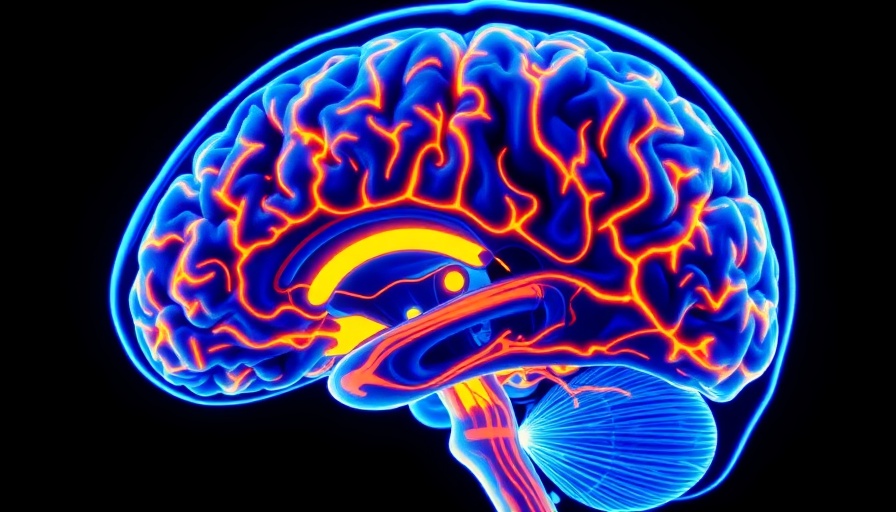
The Surprising Resilience of the Aging Brain
Recent research from the German Center for Neurodegenerative Diseases and associated institutions has uncovered that certain parts of the brain maintain or even enhance their strength as we age, particularly in areas responsible for processing tactile information. This challenges long-held beliefs regarding the aging process of the human brain and offers a glimmer of hope for preserving cognitive functions well into later life.
Neuroplasticity: The Brain’s Hidden Power
Neuroplasticity is the brain's capacity to reorganize itself, forming new neural connections throughout life. This adaptability is crucial as it allows us to learn new skills and recover from injuries. The latest findings indicate that specific brain layers associated with touch show significant resilience, suggesting that the brain possesses built-in mechanisms that offset the typical decline associated with aging.
The Role of High-Resolution Imaging
Utilizing ultra-high-resolution MRI scans, researchers examined the cerebral cortex of individuals aged 25 and older. They focused on the primary somatosensory cortex—a critical area for tactile perception. The results were illuminating: instead of thinning uniformly, some cortex layers remained stable or thickened, presenting a unique perspective on cognitive endurance.
What This Means for Everyday Life
This research points towards the possibility that skills related to touch, such as playing musical instruments or engaging in sports, may persist longer than previously believed. This has profound implications for how we engage with our hobbies and professions as we age, especially in vibrant cities like Dallas where lifestyle and sensory engagement play an essential role in daily life. Communities need to foster environments where such activities can thrive, contributing to the holistic health of its citizens.
Insights into Age-Related Sensory Changes
Age-related sensory changes often limit our ability to interact with the world, leading to isolation and decreased quality of life. However, recognizing that parts of the brain resist deterioration encourages strategies for rehabilitation and skill retention, ensuring that older adults remain connected to their surroundings and each other.
The Broader Impact: Aging Gracefully
The implications of this study extend beyond individual health; they touch upon societal views of aging. Understanding the brain's resilience could inspire innovations in elder care, enhancing life quality for seniors. As Dallas continues to grow as a hub for health and wellness, this knowledge can inform better practices in assisted living and community engagement efforts, ultimately shifting the narrative about aging.
Moving Forward with Optimism
The notion that our brains can adapt and strengthen as we age reshapes our understanding of the aging process. Instead of resignation, we are presented with an opportunity to actively engage with the world, embracing lifelong learning and skill development. Every Dallas resident can benefit from this outlook, promoting a lifestyle filled with learning and connectivity.
Conclusion: Engage with Your Environment
The insights revealed through this research are a call to action for individuals and communities alike. Encouraging a lifestyle that prioritizes physical and mental engagement can lead to profound benefits for cognitive health. As you navigate your own path—whether in the vibrant streets of Dallas or beyond—consider integrating activities that stimulate your senses and fortify your brain.
 Add Element
Add Element  Add Row
Add Row 



Write A Comment